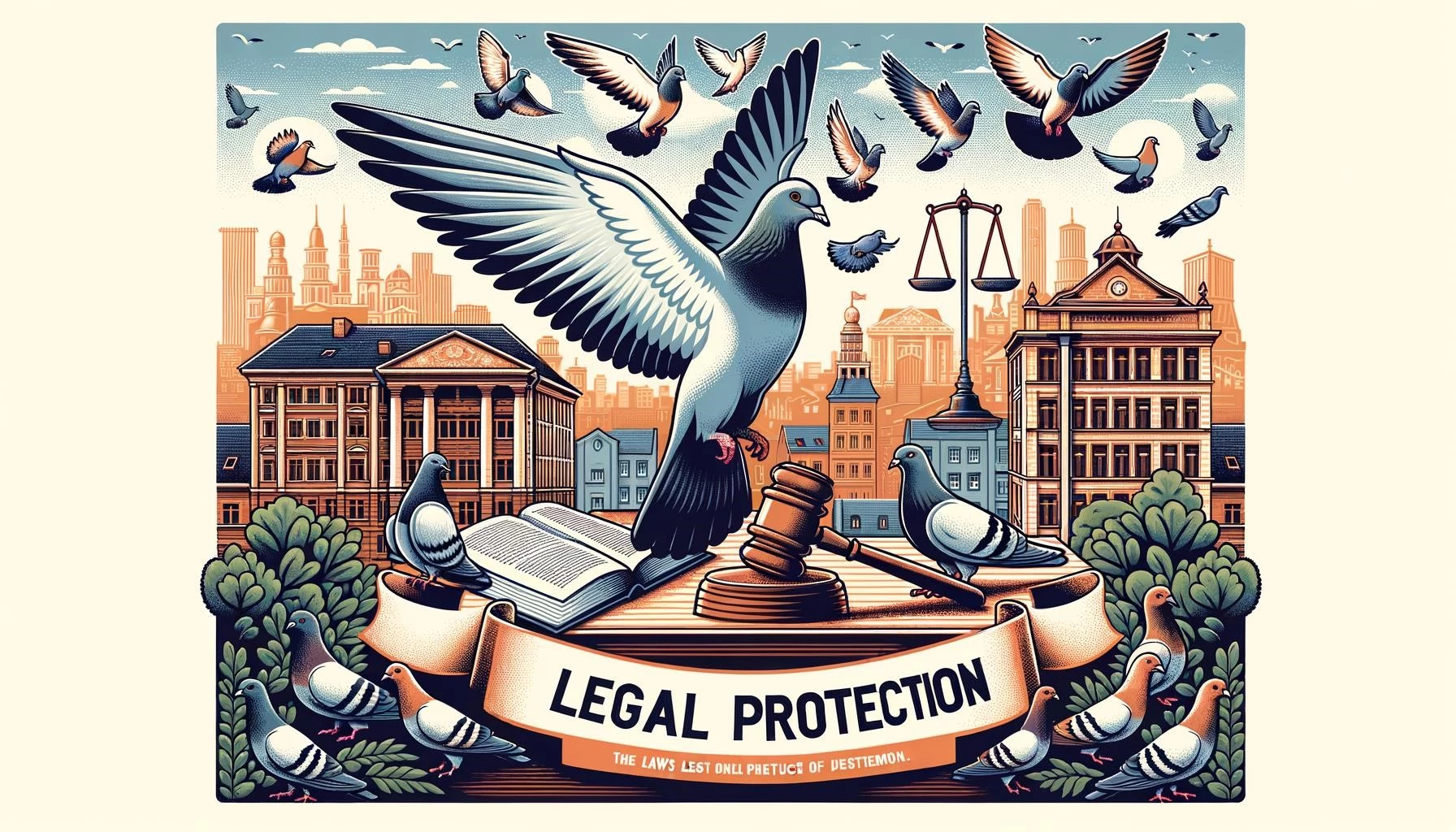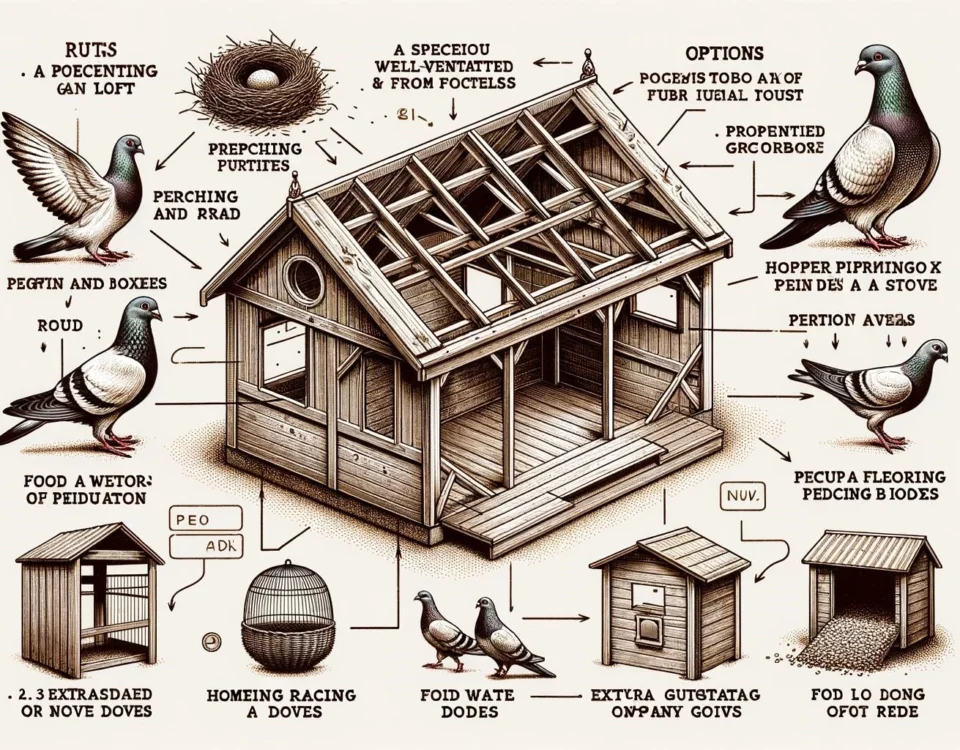Pigeons, often considered as pests, are subject to varying degrees of legal protection depending on the country and region. Some countries have laws in place to conserve and protect native bird species, including pigeons, while others may not specifically protect them. Understanding the legalities and regulations surrounding pigeons is crucial for responsible ownership and pigeon control.
Key Takeaways
- Wildlife protection laws in certain regions aim to conserve and protect pigeons from harm or unnecessary interference.
- Keeping pigeons as pets can be a legal and rewarding experience, but compliance with wildlife protection laws is essential.
- The legal protection of pigeons varies by location, with some countries prohibiting harm, killing, or capturing of wild birds, including pigeons.
- While some countries consider pigeons as non-native and unprotected wildlife, cruelty to any animal, including pigeons, is generally prohibited.
- Federal and state laws in the United States protect most wild birds, but there are exceptions for pigeons in certain situations.
Legal Protection in Different Regions
In certain regions, pigeons may be protected under wildlife protection laws. These laws aim to conserve and protect native bird species, including pigeons, from harm or unnecessary interference. Compliance with these laws is crucial for individuals keeping pigeons as pets.
In Italy, pigeons are safeguarded by national legislation that prohibits any form of harm, killing, or capturing of wild birds, including pigeons. This legal protection extends to pigeons and various other bird species in the country.
While pigeons are not protected by state wildlife laws in Arizona, cruelty to any animal, including pigeons, is prohibited. However, most birds in Arizona are protected from hunting, possession, and transportation.
Legal Protection in the United States
In the United States, the legal protection of pigeons varies by state and situation. While federal and state laws protect most wild birds, including pigeons, there are exceptions for certain situations where pigeons may be causing damage to properties or the environment.
For example, in Ohio, it is legal to kill pigeons and destroy their nests and eggs. On the other hand, in New York, it is generally illegal to kill pigeons except in specific situations where they are causing damage.
Pigeons are not protected by federal law in the United States, which means, in most cases, it is legal to kill pigeons. However, it is important to check state and local laws for any specific restrictions. Trapping, euthanizing, poisoning, or shooting feral pigeons may be allowed in certain instances.
Responsibilities and Considerations
While the legal protection of pigeons may vary, it is important for individuals to be well-informed about the legalities of keeping pigeons as pets or controlling them as pests.
Understanding and adhering to the laws and regulations specific to your location is crucial in ensuring a positive and responsible ownership experience. Researching local regulations is the first step in determining the legality of pigeon ownership and control.
It is also essential to consider other factors, such as cruelty prevention and the use of humane control methods when dealing with pigeon-related issues. Maintaining a balance between respecting the legal protection of wildlife and addressing concerns related to pigeons is important for both individuals and communities.








